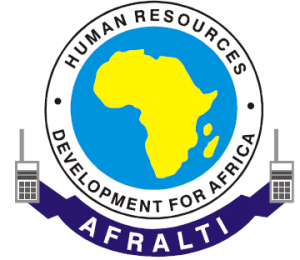CONTENT REGULATION IN BROADCASTING
DESCRIPTION
Regulation Content in Broadcasting workshop gives an in-depth understanding of the policy, legal and regulatory issues and trends affecting broadcasting and digital media in the converged, globalized communications/ICT environment of today.
LEARNING OBJECTIVES
The objectives of the training course are to:
- Understand different digital broadcasting technologies.
- Describe and interpret the broad impacts of digitalization, globalization and convergence on broadcasting;
- Describe and analyze both traditional and contemporary objectives underlying the regulation of broadcasting;
- Understand key digital broadcasting market trends and the policy/regulatory implications of these trends;
- Understand key features of the current policy and regulatory environment for broadcasters internationally.
- Understand content regulations followed in other countries.
LEARNING OUTCOMES
After completing this course, the participant will be able to:
- Understand overview of different digital broadcasting technologies and applications.
- Describe and interpret the broad impacts of digitalization, globalization and convergence on broadcasting;
- Describe and analyze both traditional and contemporary objectives underlying the regulation of broadcasting;
- Understand key digital broadcasting market trends and the policy/regulatory implications of these trends;
- Understand key features of the current policy and regulatory environment for broadcasters internationally.
- Case studies of Content regulations followed in other countries.
EVALUATION AND GRADING
AFRALTI shall grant certificate of achievement based on assessment tests undertaken during, and at the end of, each training. In this regard, Centres of Excellence shall develop assessment tools for this training. The tools will include the following:
- Regular assessments quizzes for each topic covered (7 Quizzes): 70%
- Forums and chats discussions (4 Forums): 10%
- End of course assignment (1 assignment): 20%
A candidate who attain a grade of at least 60% shall be awarded the AFRALTI certificate.

